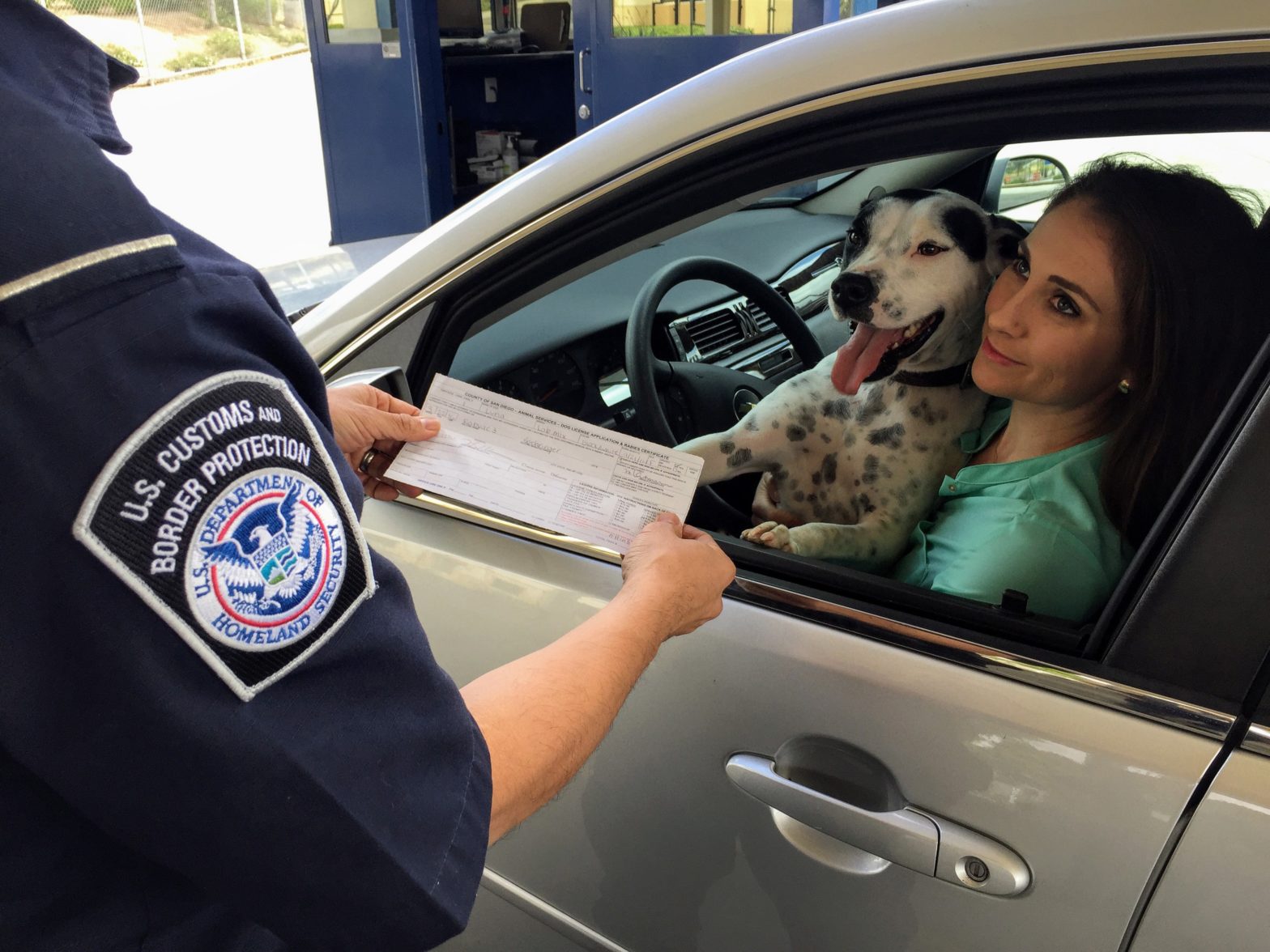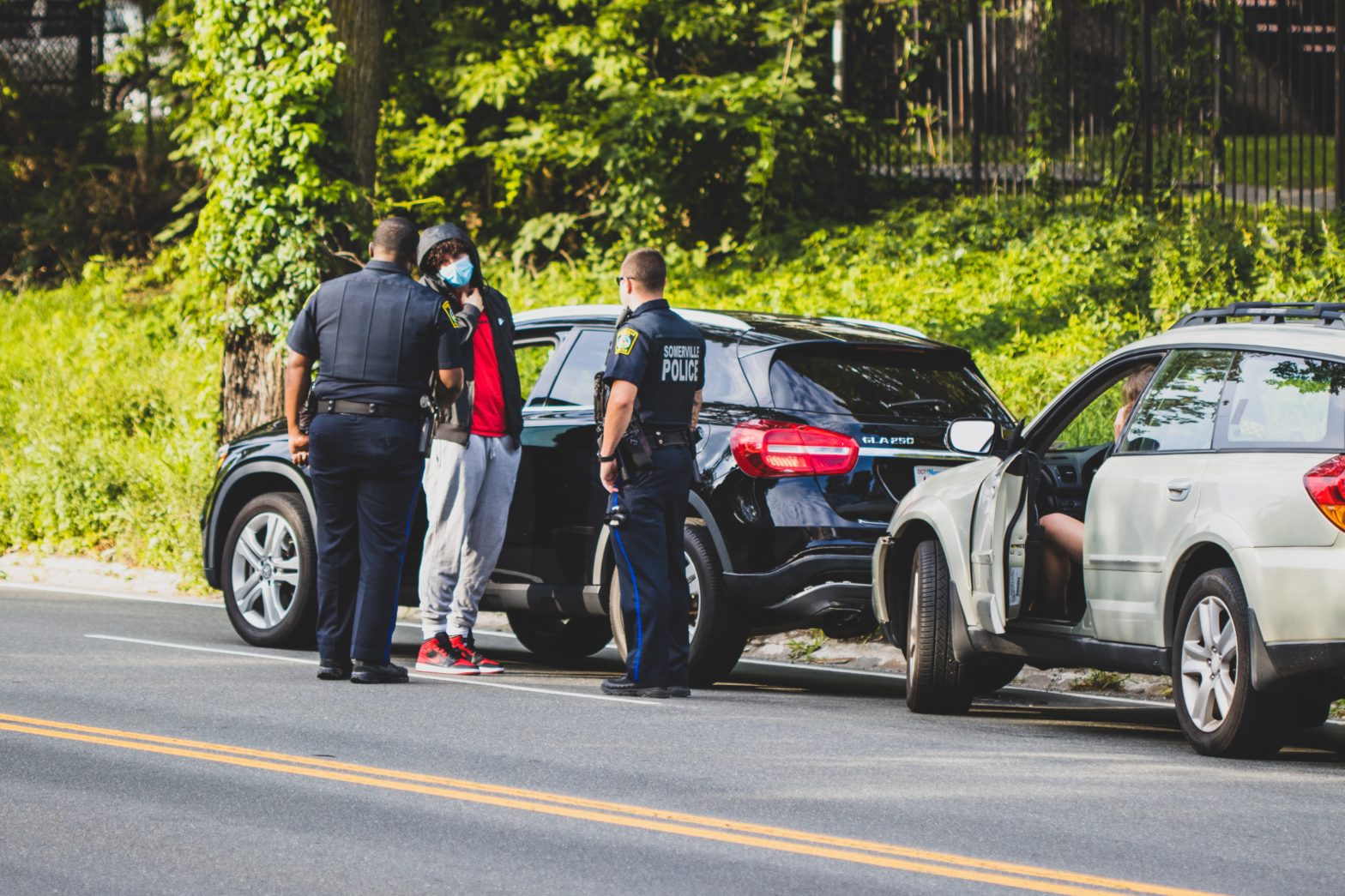The California Department of Motor Vehicles (DMV) can suspend or revoke your privilege to drive a vehicle under many circumstances. The DMV may take this action on its own, or through an order of the court. While your driver’s license is suspended or revoked, you may not lawfully operate a motor vehicle.
Once your suspension or revocation period ends, you are eligible to have your driving privileges reinstated. However, there are several steps you must take in order for this to happen, most of which involve paying all required fees and fines and submitting any required documentation.
Our experienced DMV defense attorneys at Wallin & Klarich want to share with you some of the ways you can lose your driver’s license and what you can do to protect your license from being suspended or revoked if you have been arrested for a crime triggering suspension/revocation.
1. You Don’t Have Insurance
If you are not insured and you get into an accident, the DMV will suspend your license for a mandatory minimum of one year. However, after one year, you are eligible to have your license returned if you show proof of insurance to the DMV. You must maintain proof of insurance for the next three years in order to keep the suspension of your license lifted.
2. Driving Under the Influence
If you are arrested for DUI, law enforcement will confiscate your license and issue you an Order of Suspension, which includes a temporary provision allowing you to drive for the next 30 days. At the end of 30 days, the suspension or revocation goes into effect.
The DMV automatically conducts an administrative review, which may include an examination of the officer’s sworn report and any accompanying documents, such as an arrest or traffic accident report.
If the review shows there is no reason for the suspension, it will be set aside. If not, your license will remain suspended as follows:
- Four months upon a first offense DUI conviction;
- One year for a second or subsequent DUI conviction within 10 years.
3. Refusing a Required Chemical Test
California’s implied consent law requires you to submit to chemical testing to detect for the presence of alcohol or drugs if you are arrested for DUI. Under the Administrative Per Se (APS) program, if you are pulled over for a DUI, your license will be suspended if you refuse a chemical test.
If you were 21 years or older at the time of being detained or arrested and you refused or failed to complete a blood or breath test, or (if applicable) a urine test:
- A first offense will result in a 1-year suspension.
- A second offense within 10 years will result in a 2-year revocation.
- A third or subsequent offense within 10 years will result in a 3-year revocation.
If you were under the age of 21 years at the time of being detained or arrested and you refused or failed to complete a PAS test or other chemical test:
- A first offense will result in a 1-year suspension.
- A second offense within 10 years will result in a 2-year revocation.
- A third or subsequent offense within 10 years will result in a 3-year revocation.
4. Under 21 with Alchohol in the Vehicle
If you’re under 21 years old, your driver’s license may be suspended for one year if you are caught with alcohol in your vehicle (unless the container is full, sealed and unopened, and you are accompanied by a parent or other approved person).
If you are caught driving with a blood alcohol content level (BAC) of 0.01% or higher, or are driving under the influence of alcohol or drugs, your license will be suspended for one year.
If you are not yet eligible for a driver’s license or you don’t have a license, your opportunity to get one could be delayed for one year.
5. Too Many Points on Your Driving Record
If you accumulate too many points on your driving record under the Negligent Operator Treatment System (NOTS), the DMV will put you on driving probation for one year. Your license will be suspended for six months if you receive:
- 4 points in 12 months;
- 6 points in 24 months; or
- 8 points in 36 months.
You can accumulate points for a variety of reasons, but you typically get points on your driving record as a result of minor traffic violations (for example, speeding), being at fault in an auto accident and for a serious misdemeanor or felony offenses such as DUI, hit and run, reckless driving and vehicular manslaughter.
6. Failure to Appear (FTA) and Failure to Pay a Traffic Ticket
Failure to appear (FTA) in court and/or failure to pay a fine after receiving a traffic ticket may cause your driver’s license to be suspended until you appear in court or pay a traffic fine.
7. Failure to Pay Child Support
Under California law, parents who are court-ordered to pay child support must pay the complete monthly child support obligation on time. If the payment is late or the complete amount is not paid within 30 days of the due date, the Department of Child Support Services (DCSS) can submit the non-custodial parent’s name to the California Department of Motor Vehicles (DMV) for license suspension.
Once the non-custodial parent’s name is submitted, DMV will send a warning letter allowing the parent 150 days to work with DCSS to pay the past-due child support. If the child support obligation is not paid within this time, the driver’s license suspension will take place. The non-custodial parent will have to reach an arrangement satisfactory to DCSS in order to have the driver’s license reinstated. However, it is important to be aware that, even after reinstatement, a driver’s license can be resubmitted for suspension after 45 days of no or partial payment.
8. Physical or Mental Condition
California Vehicle Code authorizes the DMV to suspend, revoke, or refuse to issue a driver’s license to anyone with a physical or mental condition that impairs his or her ability to drive.
How Can You Protect Your License From Being Suspended or Revoked?
In some cases, a driver’s license suspension is mandatory. However, when the DMV has discretion to suspend or revoke your driving privilege, you have the right to a hearing before a DMV hearing officer to contest the action and review any evidence supporting it. You must ask for a hearing within 10 days of receiving notice of the action against your driving privilege.
You have the right to be represented by an attorney at a DMV hearing. You have the right to review any evidence against you and to cross-examine the testimony of any witnesses for the DMV. You will be able to present evidence and witnesses on your own behalf, as well as testify on your own behalf.
Following the hearing, you have the right to receive a written decision. Should the decision to suspend or revoke your license be upheld, you may request that the DMV conduct an administrative review of the decision and you have the right to appeal the decision with the superior court.
If you don’t request a DMV hearing on time or you lose your hearing, you risk suspension or revocation of your driving privilege. Driving on a suspended license in California is a misdemeanor.
If you are convicted of driving while your license is suspended or revoked, you face up to one year in jail and a fine of up to $2,000. Your vehicle could also be impounded for a minimum of 30 days.
Wallin & Klarich Can Help You Avoid Losing Your Driving Privilege
If you are facing suspension or revocation of your driver’s license, you need to consider hiring an experienced DMV hearing attorney from Wallin & Klarich to help you protect your driving privilege. Losing your driver’s license could jeopardize your job and change your entire life.
Our attorneys at Wallin & Klarich have over 38 years of experience fighting for the rights of our clients. With offices in Orange County, Riverside, San Bernardino, Victorville, West Covina, Torrance, Los Angeles and San Diego, Wallin & Klarich can help you keep your driving privilege and stay on the road to freedom.
Call us today at (877) 4-NO-JAIL or (714) 386-7333 for a free telephone consultation. We will get through this together.




Said I was medically impaired. Not true